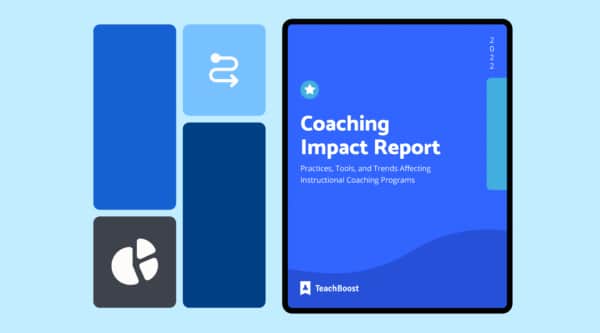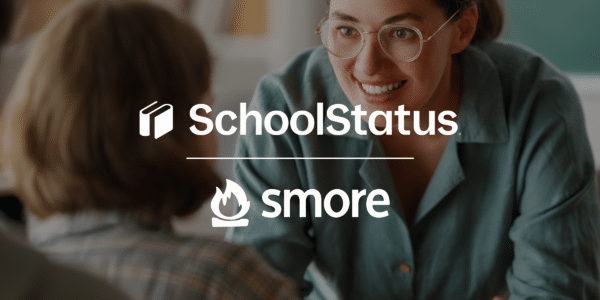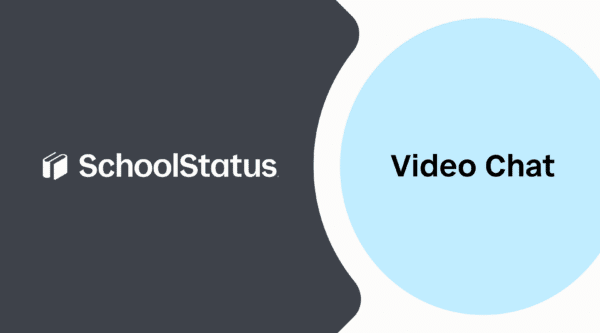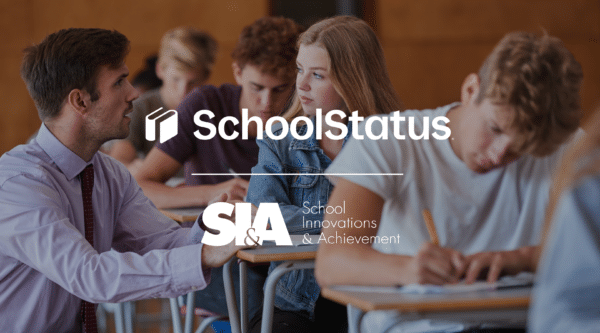
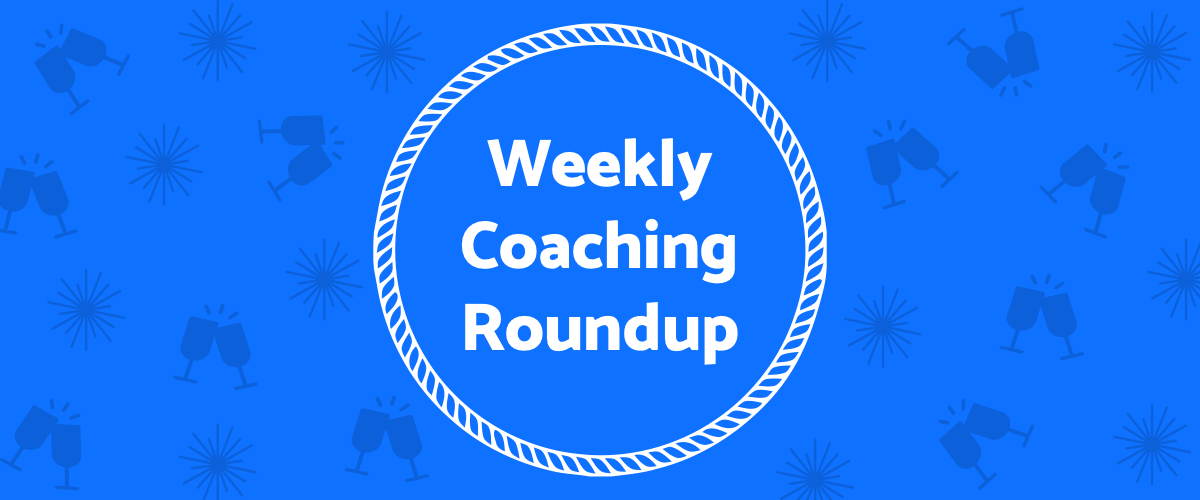

Learn five tips for making principal coaching work, why role-play is beneficial for instructional coaches, the advantages of having teacher-led mini-conferences and PD, and more in this week’s Weekly Coaching Roundup.
Join over 3,000 of your coaching peers who receive fresh coaching content every Wednesday! Subscribe to our Weekly Coaching Roundup below.
{{cta(‘1623fdae-2dee-4cee-a003-34270e4a47e4′,’justifycenter’)}}
The Benefits of Role-Play for ICs
Michael Sonbert encourages instructional coaches and teachers to step out of their comfort zones if they genuinely want to impact student growth in the classroom.
“For coaching to be effective, coaches should use data and a digestible framework to land on one teacher action that will improve student outcomes. . . Once the model is presented, with the criteria clearly named,
the coach should role-play the skill multiple times so the teacher can see it done well
. Then, the teacher should be asked to practice. What’s important here is that the practice happens as authentically as possible. The teacher should use their teacher voice or, if scripting out objectives, for example, they should use their actual lessons.”
Making Principal Coaching Work
Denisa R. Superville and Laura Baker cover five tips for a healthy partnership between principals and coaches.
“Clear district messaging on
the distinction between evaluation and support is integral to getting principals to buy into the program and to be vulnerable about weaknesses. . . . Frequent meetings at the beginning of that relations can help lay the foundation, but
coaches must also let principals know that they are in a safe, judgment-free zone and that their conversations won’t leave the room.”
Cupcakes with the Coach
Nicole Turner highlights why every IC should have mid-year check-ins with their teachers, whether informally or formally.
“A mid-year check-in can look several different ways. It can be a simple note with a teacher reflection survey attached for the teacher to do.
You are giving your teachers time to reflect on their teaching practices. If you or your teacher find that the goals have been met or a new goal is needed, you can take the time to do that during the mid-year check-in.”
The Benefits of Teacher-Led PD
Crystal Frommert believes traditional PD can be tedious, but teacher-led mini-conferences help empower teachers with their learning.
“Administrators love it when one of their teachers presents at a conference because it is
a source of pride for the school. . . . Another great benefit of an in-house PD is that teachers get to show off the highlights that are usually hidden behind the classroom walls.
As faculty and staff move from session to session, they learn more about their colleagues, their curriculum, and the ingenious, but not publicized, work that happens within the school.”
Coaching for Rethinking
Steve Barkley encourages ICs to enable teachers to think like scientists when planning their professional growth objectives.
“Coaching provides the collection of evidence that a plan is progressing or not progressing as expected and
sets the stage for reflection that leads to learning from the evidence. (insights) Learning is our goal. When goals are the focus, one tends to miss important evidence along the way, staying focused only on the final outcome.”
How to Create a Vertical Learning Community
Victoria Thompson walks through three foundational steps admins should follow to roll out department-wide PLCs.
“A vertical professional learning community, or PLC, happens when
a team of educators come together to see how standards, curriculum, assessment, and instruction align within the school. . . . A successful PLC means that the participants are not only identifying key indicators of success in their content area but
working to be solution oriented to keep improving on these indicators.”
{{cta(’34b13594-505a-497a-8a75-16ae35acf14d’)}}
Have some interesting instructional coaching news?
Share it with TeachBoost and we’ll highlight it here!
Stay Connected
News, articles, and tips for meeting your district's goals - delivered to your inbox.





